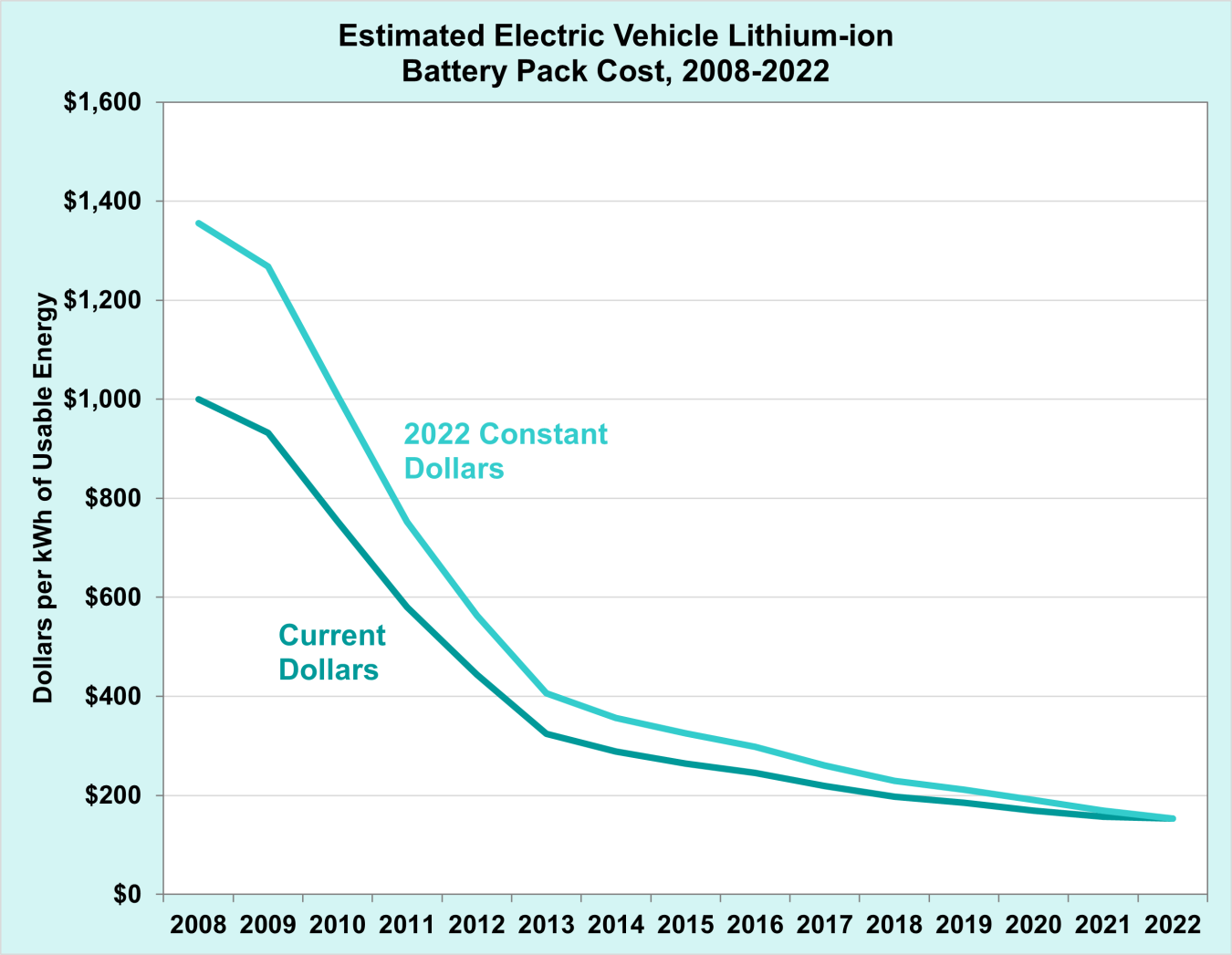To suggest that pollution is somehow someone else’s problem is irresponsible. For carbon emissions, Canada is the 2nd worst per capita and 8th worst as a country for cumulative emissions. (
https://data.ess-dive.lbl.gov/portals/CDIAC) For such a young country we have had a huge part in destroying the world. Mining in Canada has polluted the soil and water. The tar sands oil production has destroyed vast swaths of Alberta and is working its magic in Saskatchewan. Fisheries on the west coast are under further assault from the fossil (coal,gas & oil) fuel business.
We along with most of the western world have moved our worst polluting businesses to the far east. All those cheap throw away products that you’re buying thru Amazon are at the expense of the health of lives of people on the other side of the world. I say start cleaning up our own backyard before blaming everyone else. Stop pretending that it’s someone else’s problem, we’ve all had a part in making it.
No Tragedy of the Commons problems have ever been solved by convincing people to act out of their own good graces. This one won't be either. We have to make our peace with that.
Personally, I'm a techno-optimist. We won't have the perfect solution. We'll definitively bust through 2°C. Places like Maldives will drown. But we'll probably avoid the absolute worst of it. And that's largely because of technology. My time on PG at NPS is what convinced me of this (ironically). Getting lectures from the scientists at US DoE and particularly NREL was really eye-opening. Turns out guys like Tony Seba weren't far off the mark.
I use a simple example. In 1997, if I told you that in 10 years, you could have a computer nearly as powerful as your desktop, with a touchscreen, a built in GPS and camera and it would cost a fraction of your desktop, would you have called me a visionary or laughed me out of the room? In 2007, Steve Jobs was on stage unveiling the iPhone. Easily 90% of people would probably have laughed at my prediction. The rest are folks who understand non-linear learning curves.
Using this same analogy with EVs, we're at about the year 2003 with EVs. Just look at the battery cost declines and then consider that at $100/kWh, the cost of vehicle with 200 km of range is cheaper than an equivalent sized gas vehicle.
Of course, most of you here will argue that 200 km is not a lot of range. Of course, most of you have never lived in the third world where 200 km is a lot and petrol is insanely expensive for the average person. That's why India has a problem with unlicensed electric rickshaws, despite not handing out subsidies and having an unstable electric grid.
Though they provide greater convenience than traditional pedal bikes, a combination of unlicensed drivers, stolen electricity and overheating batteries makes them a high-risk mode of transport, write Saumya Khandelwal, Vindu Goel and Karan Deep Singh

www.independent.co.uk
The good ol' boys in Calgary who think Africa and India will be their next growth markets should actually talk to some of those Indian and African middle class at some point about how much they are willing to spend on petrol to sit in their insane traffic for hours per day. The projections of developing world oil consumption kinda remind me of the projections of landlines for those countries in the 90s. They got telephones eventually. Just not in the way that most telecoms would have imagined in the 80s or 90s.
All that said, Canadians are blissfully ignorant of all the above. There's no point wasting your passion here. Just cheer on the economics and enjoy the ride.
Ps. Out of sheer dumb luck (family friend was a Waterloo sys eng grad doing an internship), I threw $5k at a small startup named Tesla when it IPO'd. Their crazy CEO was talking about cost curves and had an audacious plan to double global battery production with a single plant in Nevada. Musk paid for my very large in Indian wedding a few years later. Would have paid off the house if I held on. But I was a bit spooked after 10x returns.



